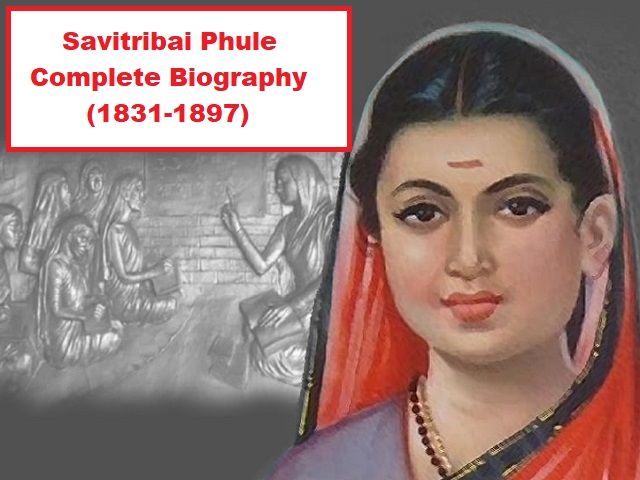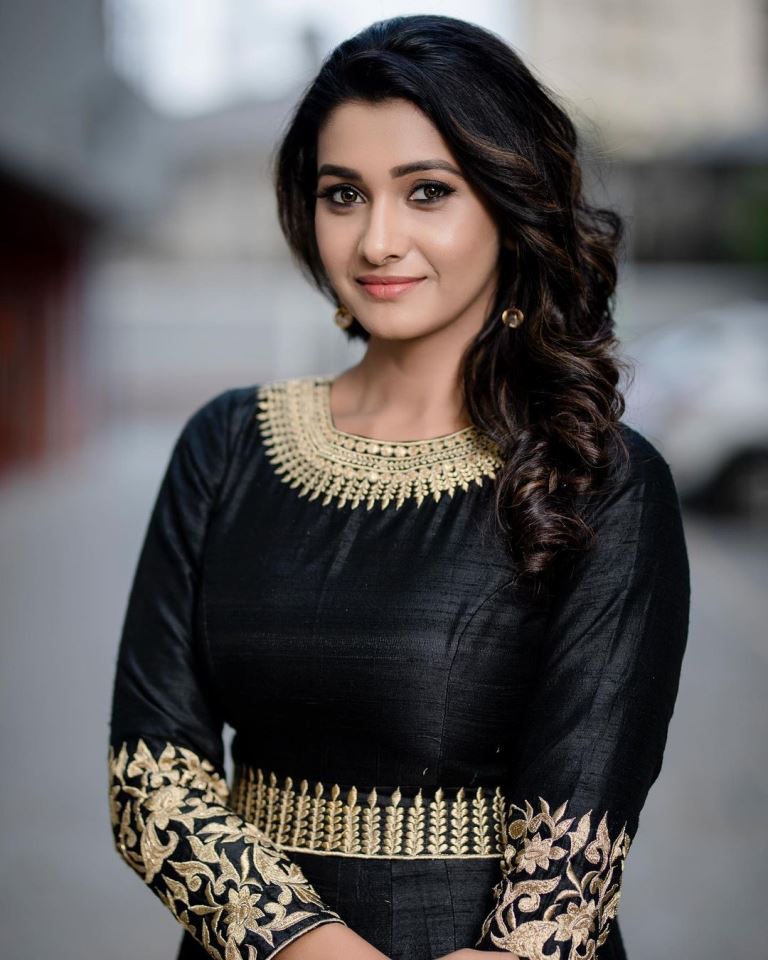Savitribai Phule, a name often hidden in the pages of history, but one that deserves to be celebrated and remembered. She was a true pioneer in the field of women’s education in India, and her remarkable journey is a testament to the transformative power of education and unwavering dedication to social reform.
Table of Contents
Early Life and Education of SavitriBai Phule
Savitribai Phule was born on January 3, 1831, in the quaint town of Naigaon, situated in the state of Maharashtra. Her early life was marked by the challenges of poverty and adversity, but it was also marked by an insatiable thirst for knowledge. Despite the limitations of her circumstances, she possessed a deep desire for education. It was during this phase of her life that she met Jyotirao Phule, who would play a pivotal role in shaping her future.
Savitribai’s family, like many others in the region, faced financial constraints, but her parents understood the value of education. They recognized her potential and encouraged her to pursue learning. This early encouragement sowed the seeds of her lifelong commitment to education.
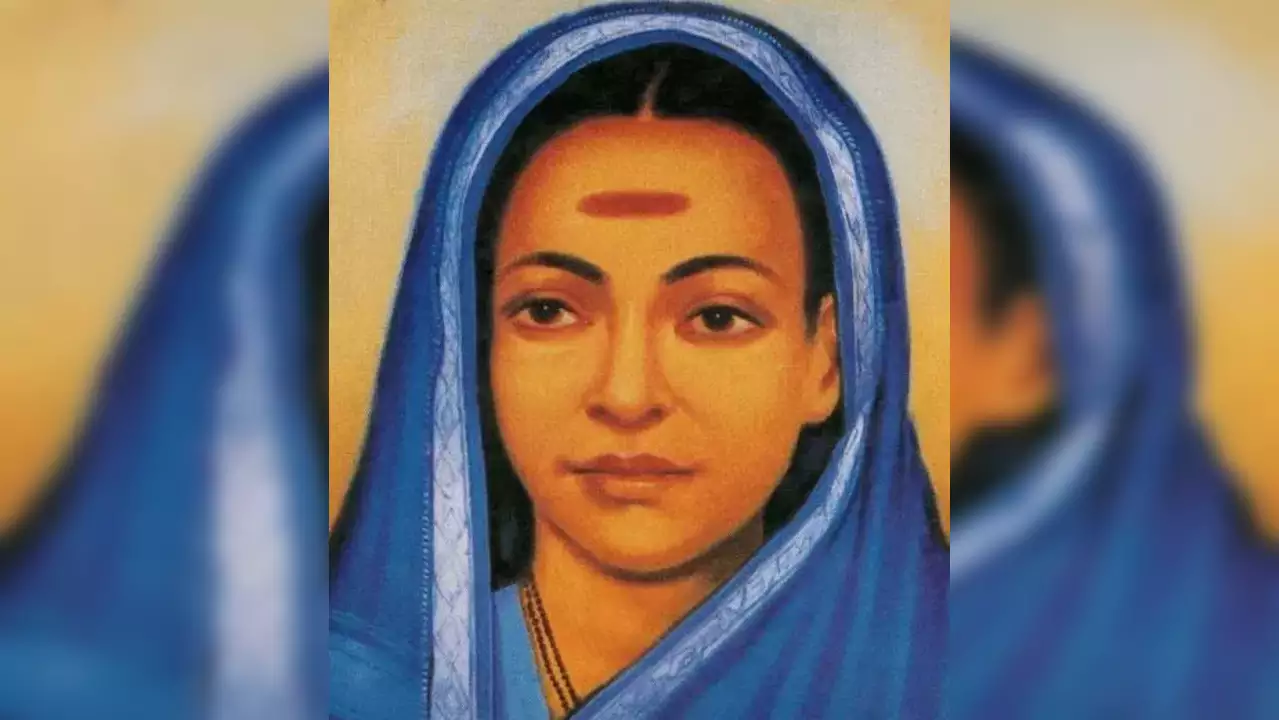
Marriage and the Phule Couple
In 1840, Savitribai Phule took a significant step in her journey towards enlightenment and social reform by marrying Jyotirao Phule, a visionary thinker and a pioneering social reformer. This union was not just a marital bond but a partnership that was dedicated to the betterment of society. Jyotirao, recognizing Savitribai’s passion for education, became not only her life partner but also her mentor.
Their marriage was unconventional for the times. It was a partnership based on shared ideals, a commitment to social change, and a mutual love for education. Jyotirao recognized Savitribai as his equal, and this equality was the cornerstone of their life together.
The Start of Women’s Education
The Phule couple initiated their mission to revolutionize society by opening the first school for girls in India in the year 1848. This school, founded in Pune, was not just a building; it was a beacon of hope and a symbol of change. Savitribai took on the role of a teacher, a role that was unconventional and revolutionary in the societal context of the time. This marked the beginning of a new era in women’s education in India.
The school was a modest structure, but its significance was monumental. At a time when girls were kept away from the light of education, Savitribai, with unwavering determination, introduced these young minds to the world of letters. Her teaching methods were innovative, focusing not just on reading and writing but also on critical thinking and empowerment. It was a transformative educational experience for the girls who had long been denied this basic right.
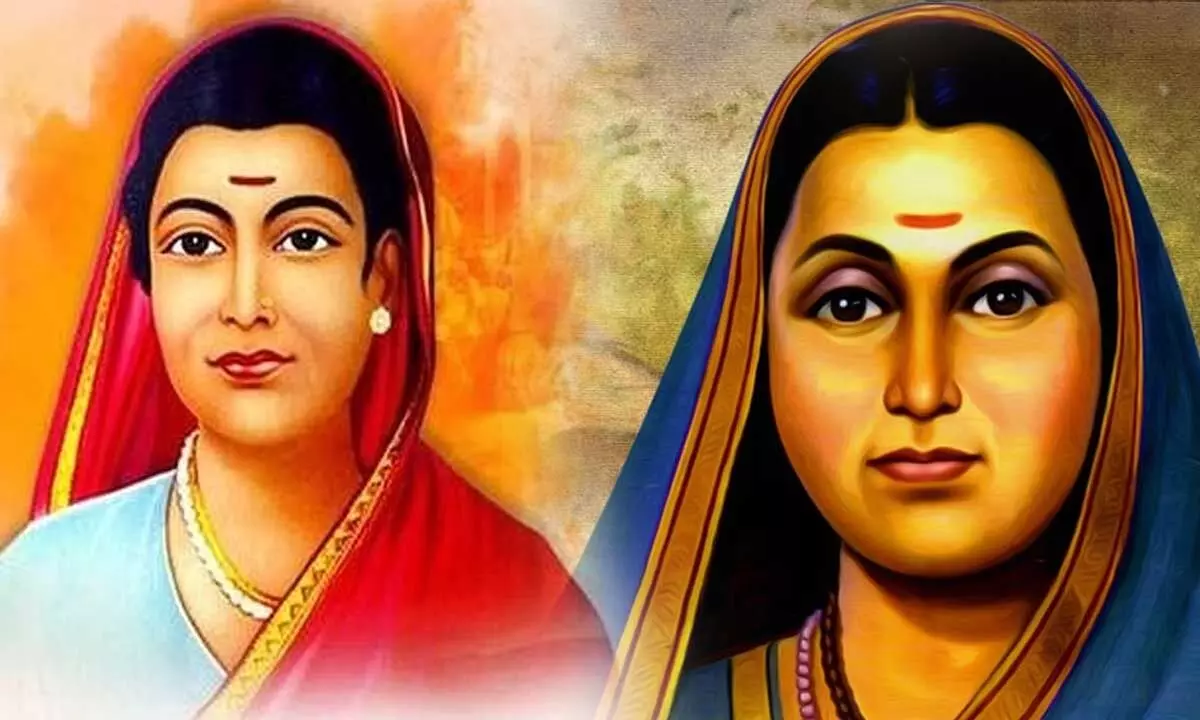
The First School for Girls
The first school for girls, founded by Savitribai and Jyotirao Phule, was a modest institution that served as an abode of learning for young girls who had been denied education for centuries. Savitribai, with unwavering determination, introduced these young minds to the world of letters, helping them learn to read, write, and think critically. Her work paved the way for a more equitable and enlightened society where women could actively participate in the growth and development of the nation.
The school not only provided education but also served as a safe haven for girls who had faced discrimination and oppression. It was a place where they could not only learn but also gain self-confidence and a sense of independence.
Challenges and Opposition
Savitribai Phule’s revolutionary endeavors did not go unnoticed, and they were met with significant opposition. The orthodox sections of society strongly resisted her efforts, and the Phule couple had to face criticism, ostracization, and even threats. Yet, their resolve remained unshaken, and they continued to march forward in their mission to bring about positive change.
Opposition came from multiple quarters. Traditionalists who believed in maintaining the status quo saw the Phules’ efforts as a threat to their established power structures. Savitribai and Jyotirao, however, remained undeterred. They believed that education was the path to a more just and equal society, and they were willing to face any challenges to achieve this goal.
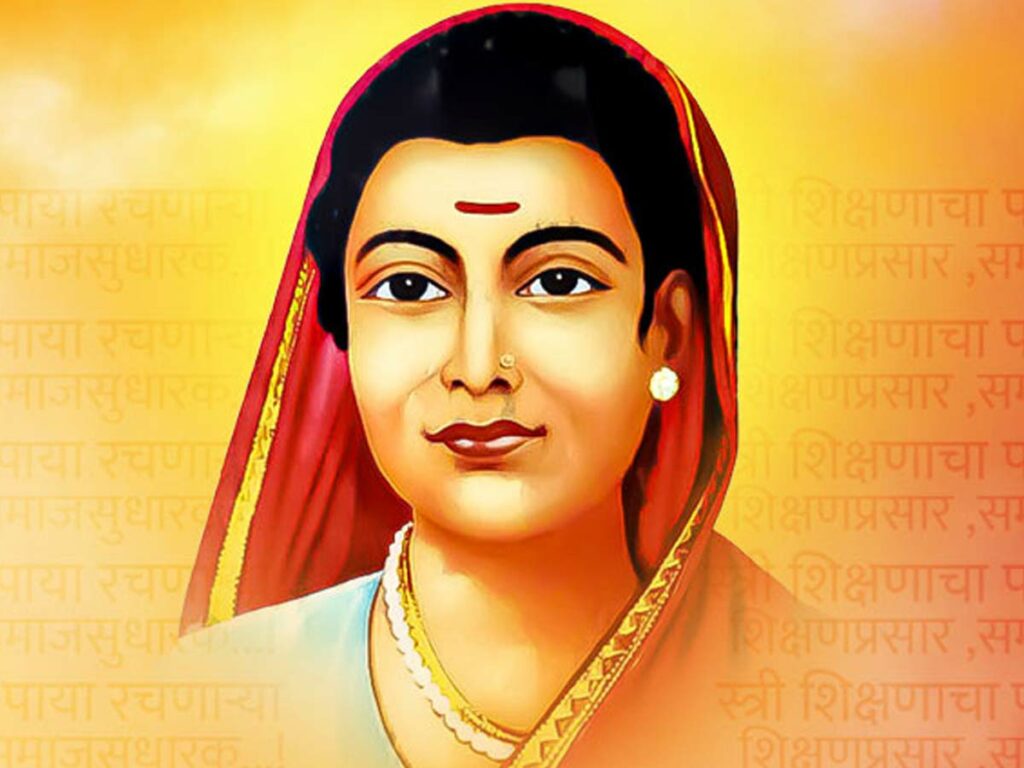
Expansion of Educational Initiatives
As the years rolled on, Savitribai and Jyotirao expanded their educational initiatives. They opened more schools for girls, reaching out to larger segments of the female population who had long been deprived of the benefits of education. Furthermore, they established a care center for pregnant rape victims, providing not only education but also support for the most vulnerable women in society. These actions marked significant milestones in the realm of women’s empowerment and social reform.
The expansion of educational initiatives was a clear demonstration of the Phules’ commitment to making education accessible to all women. It wasn’t limited to just one school; they aimed to bring about a revolution in women’s education across the region.
Writing and Activism
Savitribai Phule was not just an educator; she was also a prolific writer. She utilized her literary skills to advocate for women’s rights, social reform, and the abolition of the caste system. Her poems and articles were not just words on paper; they were powerful instruments of change. Her writings resonated with people and served as a source of inspiration for countless individuals.
Her writing was marked by a deep understanding of the issues faced by women and the marginalized in society. Through her words, she challenged prevailing norms and called for justice and equality. Her writing wasn’t just a form of expression; it was a call to action.
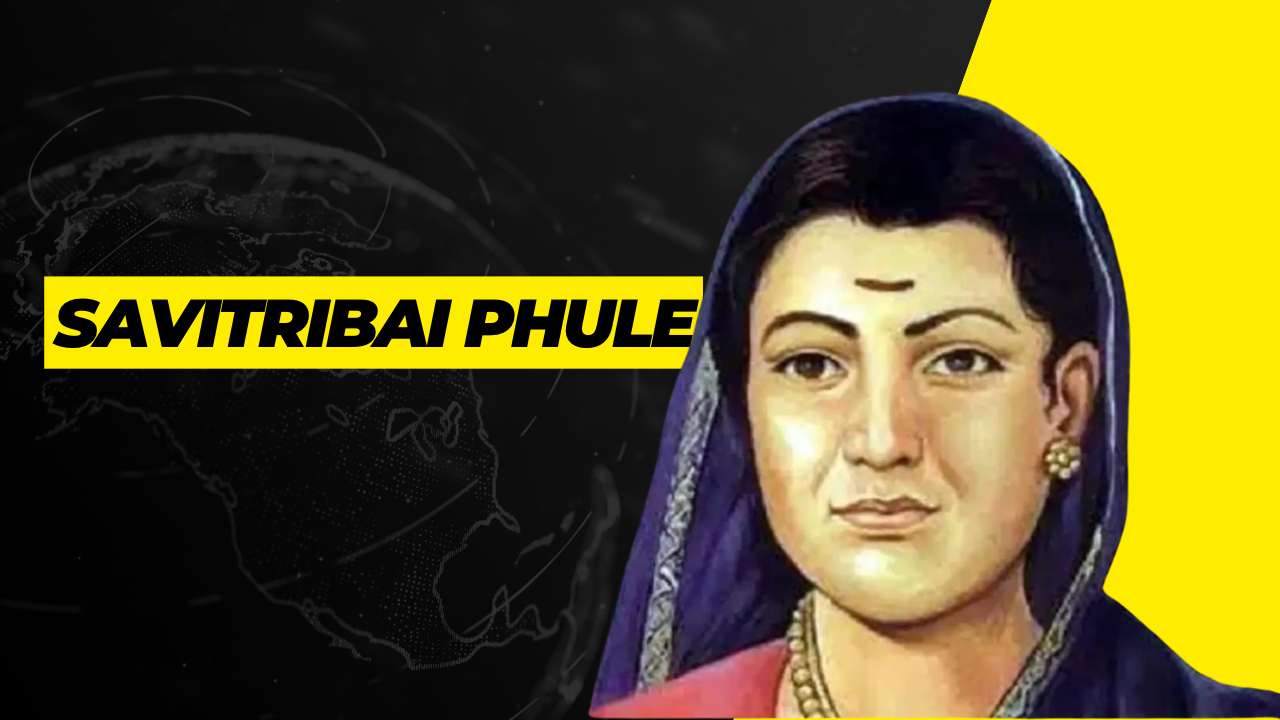
Social Reforms and Caste Abolition
Savitribai, in collaboration with her husband, actively engaged in the movement for caste abolition. They firmly believed in the equality of all individuals, regardless of their caste or gender. Their tireless efforts played a pivotal role in the social reform movement in India, challenging established norms and striving for a more just and equal society.
The caste system was deeply entrenched in Indian society, and challenging it was no small feat. But the Phules were unrelenting in their mission to break down these divisive barriers. Their work served as a beacon of hope for the oppressed and marginalized.
Legacy and Honors
Savitribai Phule’s legacy continues to inspire generations. Her contributions to women’s education and social reform have not gone unnoticed. Schools, colleges, and awards have been named in her honor, a testament to the indomitable spirit and unwavering commitment she exhibited throughout her life. Her name is a source of pride and inspiration for those who champion the cause of women’s empowerment and social justice.
The legacy of Savitribai Phule extends far beyond her lifetime. Her work continues to shape the educational landscape and the fight for social justice in India. The recognition and honors that have been bestowed upon her serve as a reminder of her extraordinary contributions to society.
Must Read:
- x2+(y-3√2x)2=1 Meaning, Equation and Solution
- x*x*x is Equal to 2 | Elaboration the Solution
- x*x*x is equal to 2
Conclusion
In conclusion, the life of Savitribai Phule is a shining example of what determination and a profound belief in education can achieve. Her tireless efforts in the face of adversity continue to inspire and remind us of the importance of women’s empowerment and social reform. Her journey is a beacon of hope, guiding us toward a more equitable and enlightened future.

